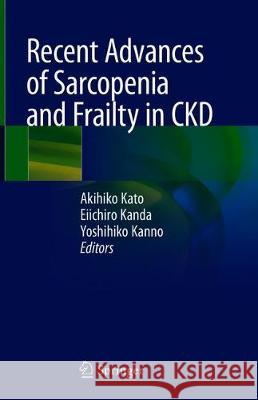Recent Advances of Sarcopenia and Frailty in Ckd » książka
topmenu
Recent Advances of Sarcopenia and Frailty in Ckd
ISBN-13: 9789811523649 / Angielski / Twarda / 2020 / 245 str.
Recent Advances of Sarcopenia and Frailty in Ckd
ISBN-13: 9789811523649 / Angielski / Twarda / 2020 / 245 str.
cena 402,53
(netto: 383,36 VAT: 5%)
Najniższa cena z 30 dni: 385,52
(netto: 383,36 VAT: 5%)
Najniższa cena z 30 dni: 385,52
Termin realizacji zamówienia:
ok. 16-18 dni roboczych.
ok. 16-18 dni roboczych.
Darmowa dostawa!
Kategorie BISAC:
Wydawca:
Springer
Język:
Angielski
ISBN-13:
9789811523649
Rok wydania:
2020
Wydanie:
2020
Ilość stron:
245
Waga:
0.50 kg
Wymiary:
23.93 x 16.13 x 1.52
Oprawa:
Twarda
Wolumenów:
01











